Xinjiang Pottery Art Exhibition
2024-09-09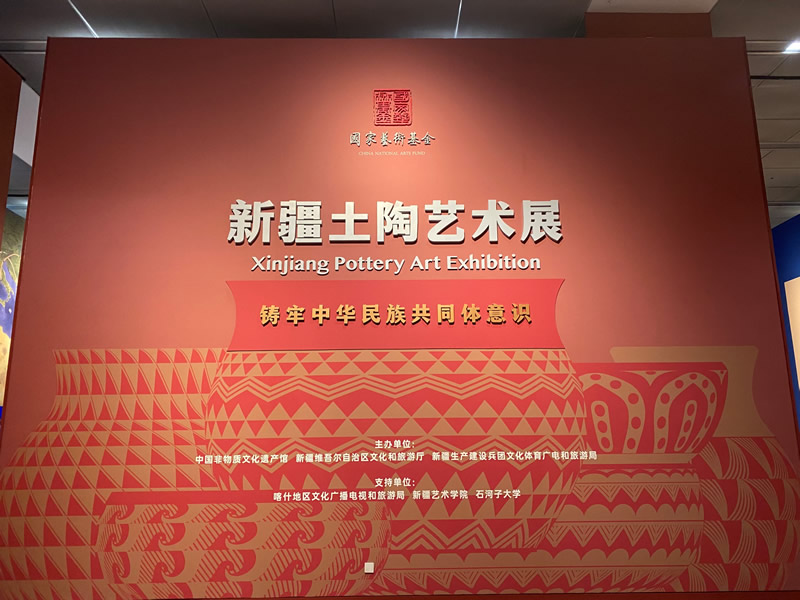
Xinjiang boasts a long history of pottery marking, with each era’s works reflecting unique characteristics that encapsulate regional culture and the exchange between Eastern and Western civilizations.
For this exhibition, the Chinese Traditional Culture Museum (CTCM) has selected images of pottery artifacts from different periods since prehistoric times, as well as representative items from the Xinjiang earthenware techniques listed as a national intangible cultural heritage. These pieces collectively showcase the rich historical and cultural significance of pottery, its relevance in contemporary life and its enduring legacy for the future.
Each piece of pottery embodies and enriches the artistry and spirit of Chinese culture. Water, clay, fire and the metallic sheen of glaze reflect the eternal cycle of creation and life.
Xinjiang was referred to as the Western Regions in Chinese history. In 60 BC the Protectorate of the Western Regions was established in Xinjiang, marking the beginning of the effective administration over Xinjiang by China’s central government. The exchanges and interactions between Xinjiang and the central region of China date back to prehistoric times.
Symbols of Chinese civilization, such as painted pottery, jade and silk, have connected the Central Plains with the Tianshan, Kunlun and Altai mountain ranges.
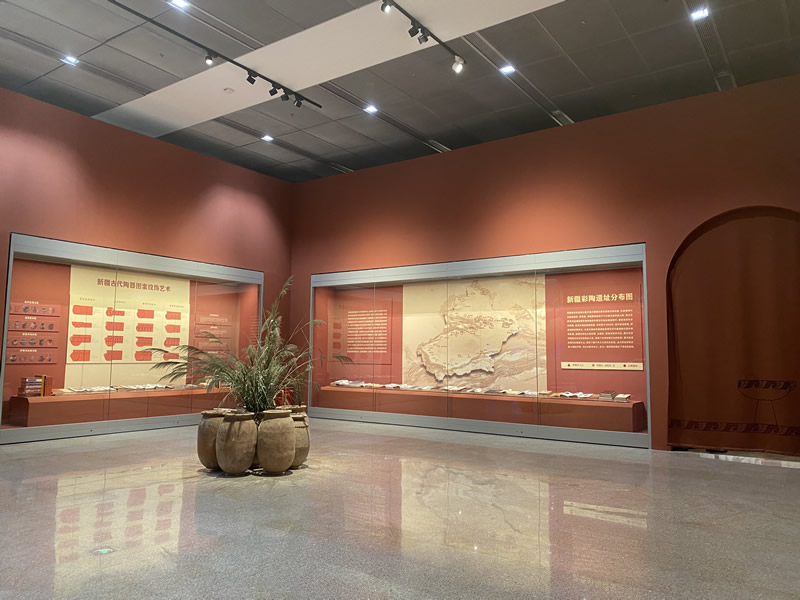
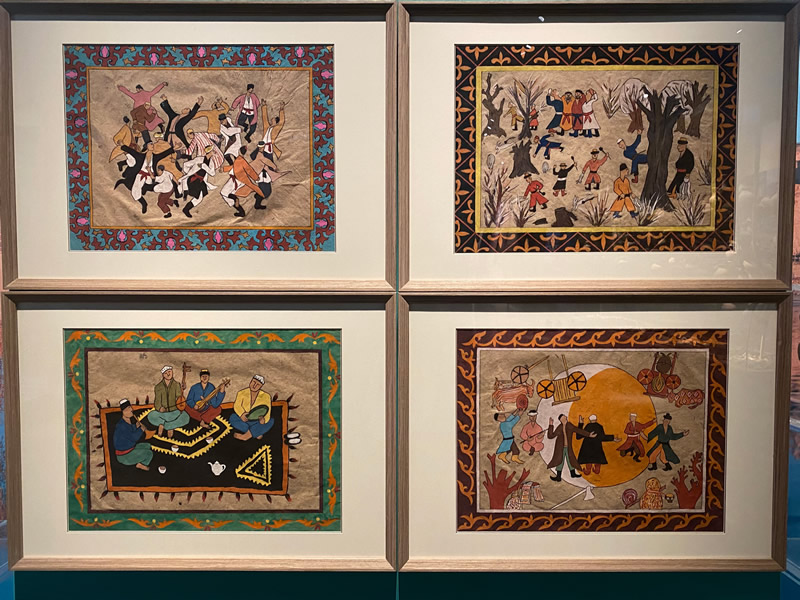
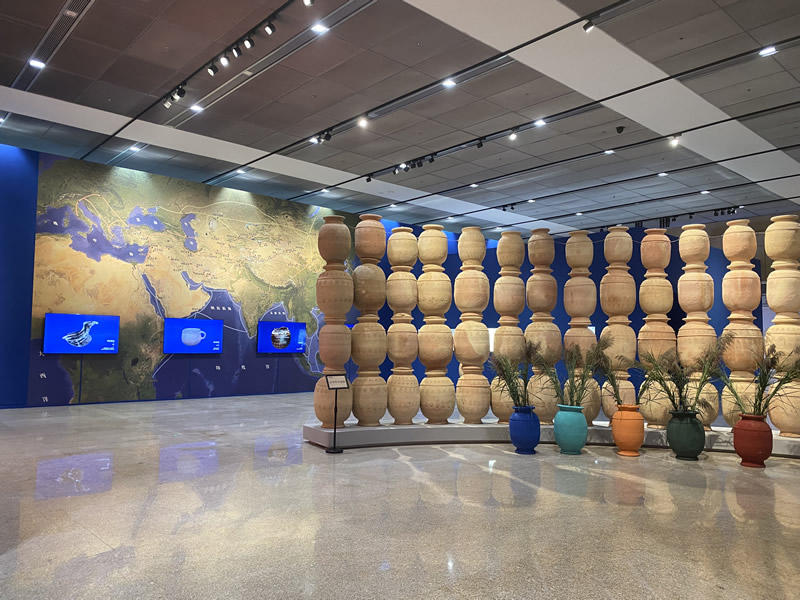
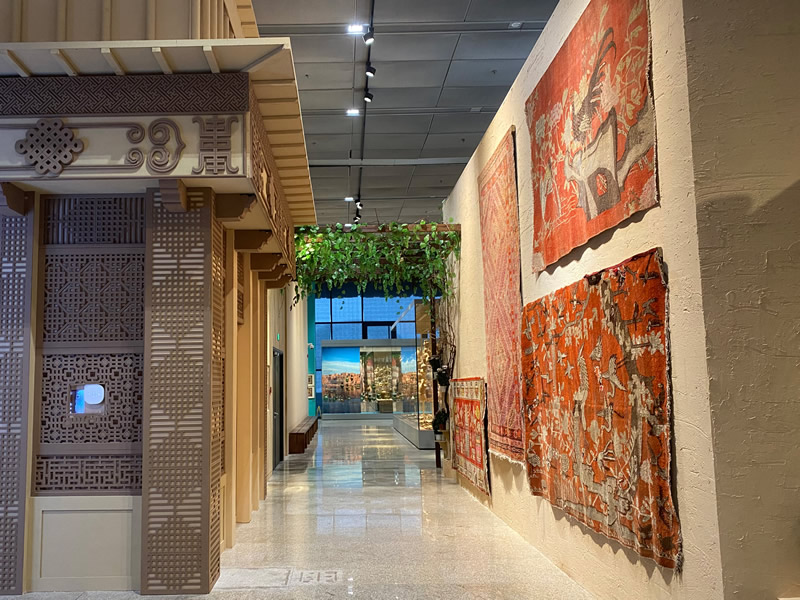
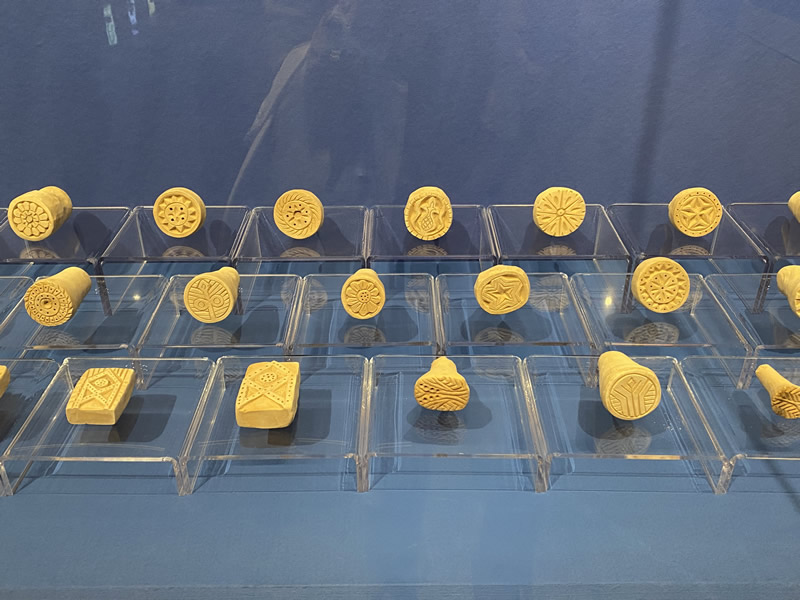
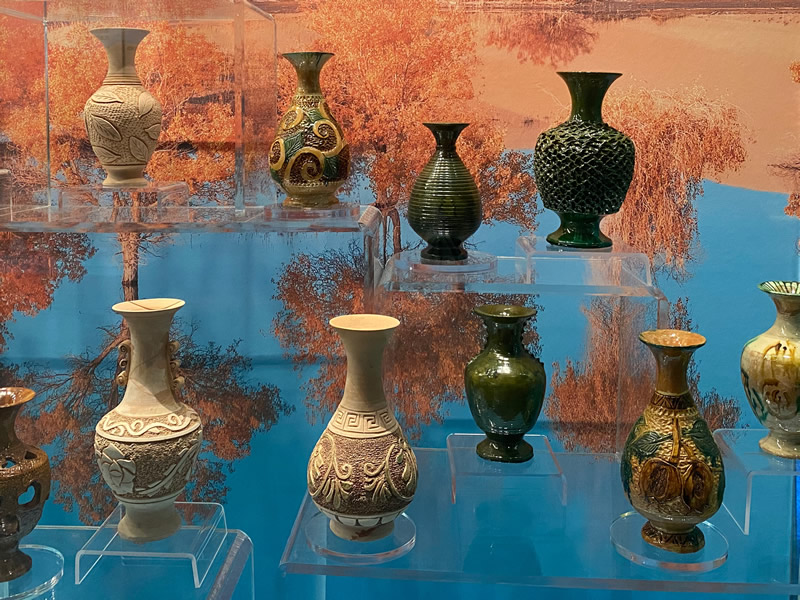
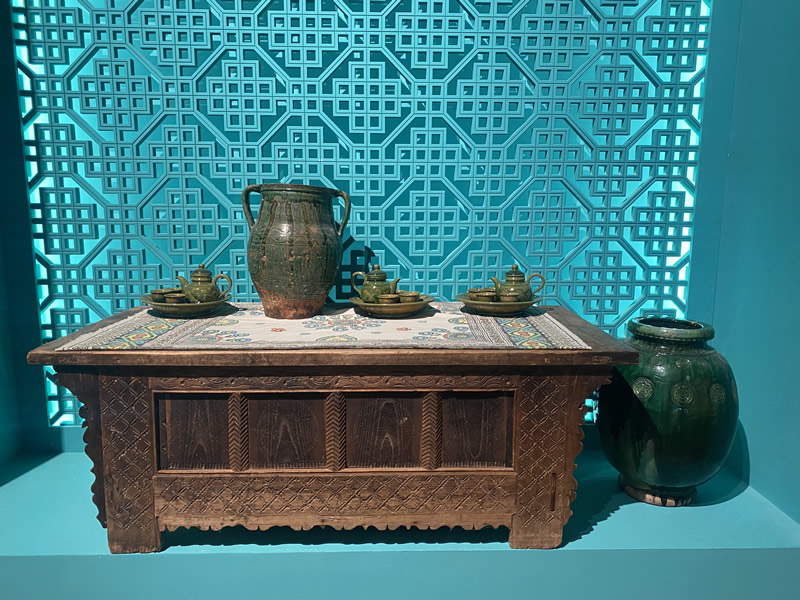
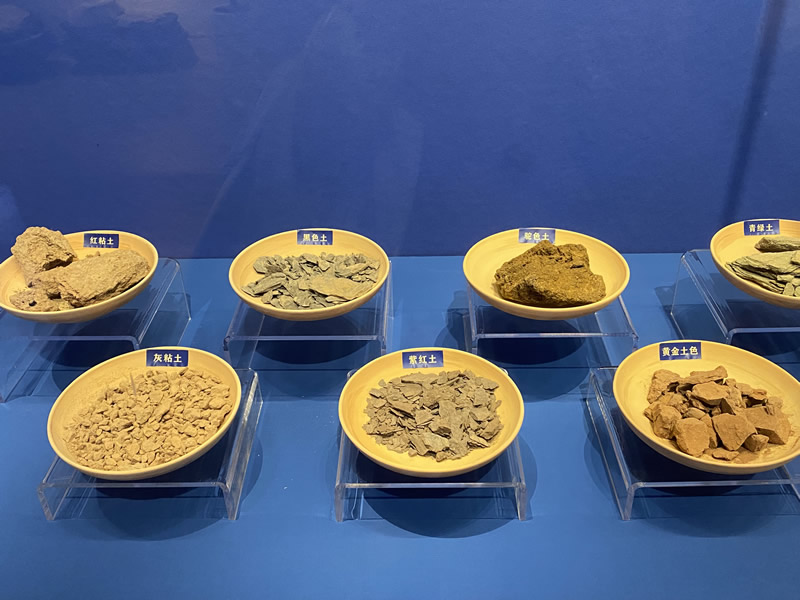

 Whats On
Whats On 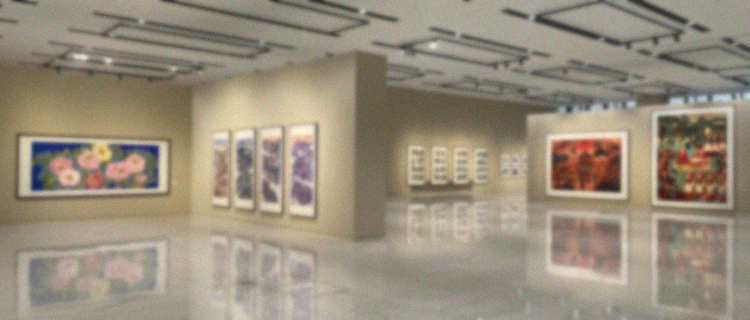 Whats On
Whats On 

